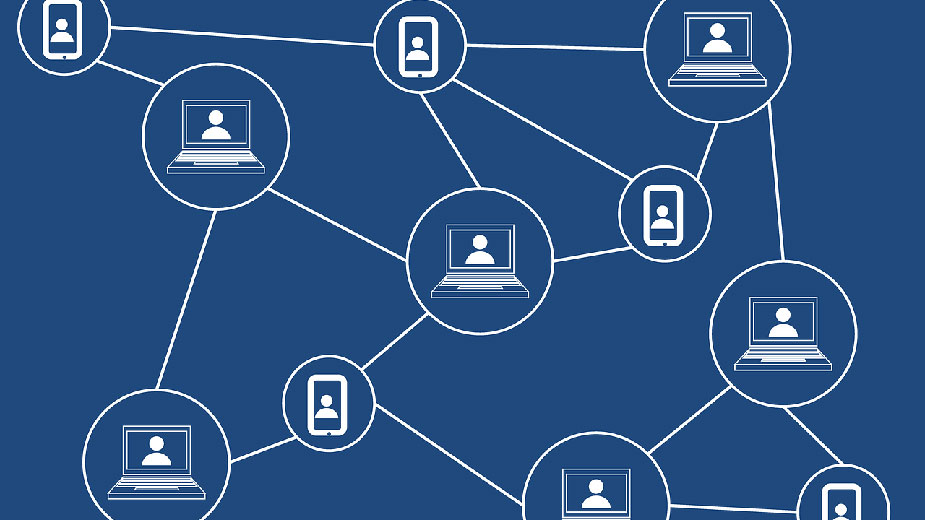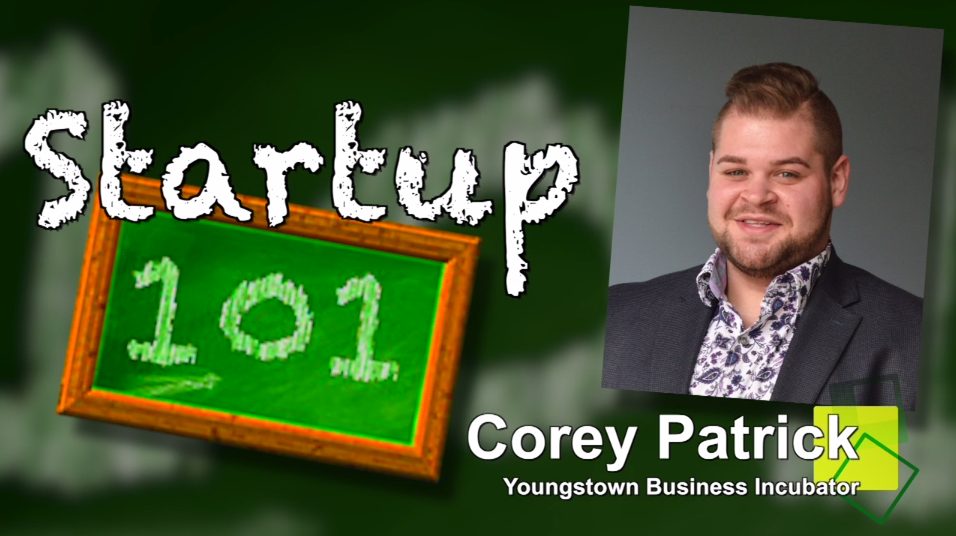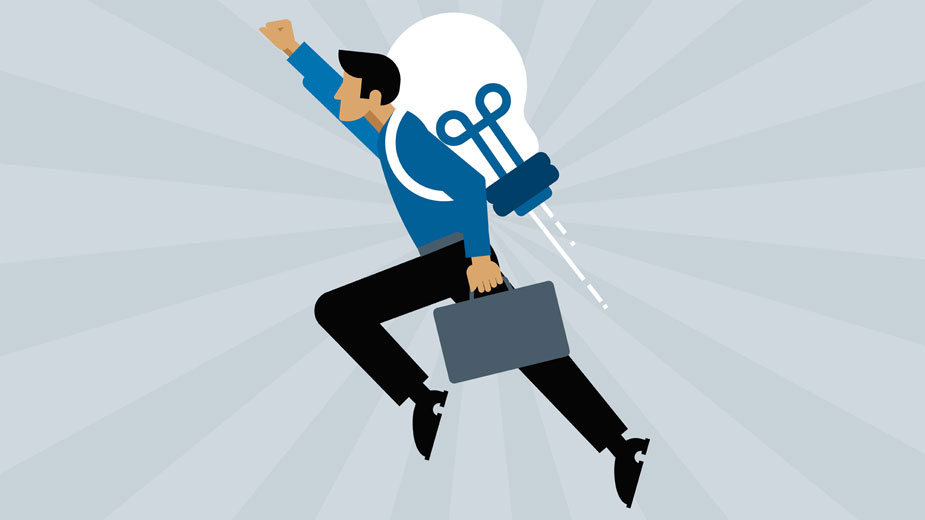Understand, Work with Blockchain Technology
“Blockchain cannot be described just as a revolution. It is a tsunami-like phenomenon, slowly advancing and gradually enveloping everything along its way by the force of its progression.”
One might conclude the above comment is a bit of hyperbole. But when you consider the source, William Mougayar, you have to take it seriously, because Mougayar is one of the sharpest, most successful investment minds you will ever come across.
Blockchain is an evolving technology that traces its roots to 1991. But despite its relatively long history, few people really understand it, let alone work with it. Continuing to do so, however, could be a serious business mistake.
So what exactly is blockchain?
In short, a blockchain is a string of digital records that grow together, cryptographically tied, each hash- tagged by its preceding record and each uniquely time stamped. By design, a blockchain is exceedingly resistant to modification of the data it contains. Its fundamental strength is data security and identity validation.
These characteristics are going to be even more critical to your business as the new 5G communications network comes online.
The first phase of 5G specifications will be complete by March 2019. The second phase will be complete by March 2020. And with its full roll out, huge telecommunication companies, such as AT&T and Verizon, are laying massive bets that everything we do in business will be connected to the internet.
This type of massive connectivity is inherently risky because the connection exposes everything as well to malicious intent. That is, unless the connection, and your business, are protected by a blockchain technology.
How and where will blockchain drive – and perhaps dramatically change – the way companies operate? How might it affect legacy businesses? What new startup opportunities might be uncovered?
Here are but a few:
- Micropayments. Blockchain’s ability to safely exchange even tiny amounts of money may further accelerate the shift of consumers away from an ownership economy to an on-demand, pay-as-you-go economy. We already see that trend in a lot of industries such as automotive. If AT&T and Verizon are right about literally everything being connected, what comes next?
Some are speculating about big-ticket household items such as washers, dryers, refrigerators and television screens. Instead of owning these appliances in the future, blockchain can allow for a more cost-effective pay-as-you-use option. And it won’t be limited to a few items and may actually extend to hundreds of products.
- Banking transactions. Banks make enormous profits using your money to lend to others. But they also incur enormous costs in raising the capital to lend. That geometry changes with blockchain as the technology is an enabler of peer-to-peer lending.
This is a rapidly advancing area of personal finance where you can make a return on your own money, while lending it to others at reasonable rates – all without a banking relationship. Banks will be under threat and lending will not be the only financial transaction dramatically impacted by blockchain.
- Content production and consumption. Putting media content behind paywalls doesn’t work well because it is an all-or-nothing proposition. And it flies in the face of the rapid shift to the on-demand, pay-as-you- use economy that consumers covet. Blockchain allows for consumers to pay only for the specific content they want.
Content producers will be fairly paid. Consumers will be happy. Best of all, blockchain is an amazing tool for protecting copyrighted content from being stolen or unfairly used.
- Supply chain management and certification. This a nightmare for businesses today, which proves beyond doubt that the exact origin of every single component or ingredient of a product is impossible without adding enormous cost. But with global supply chains, it is more critical.
Think about when horse meat was mistakenly sold as beef in the United Kingdom. Or when large numbers of dogs were dying in the United States due to toxic ingredients from China, which were unknowingly added to their final food product by domestic manufacturers. Blockchain could have eliminated both problems.
These are just four ways that blockchain becomes the backbone of the quickly arriving 5G, completely connected, business world.
There are going to be hundreds, if not thousands, more. It’s going to be a game changer. Is your business prepared? Are you sure? Your company’s ability to survive may ride on the answer.
Copyright 2024 The Business Journal, Youngstown, Ohio.



